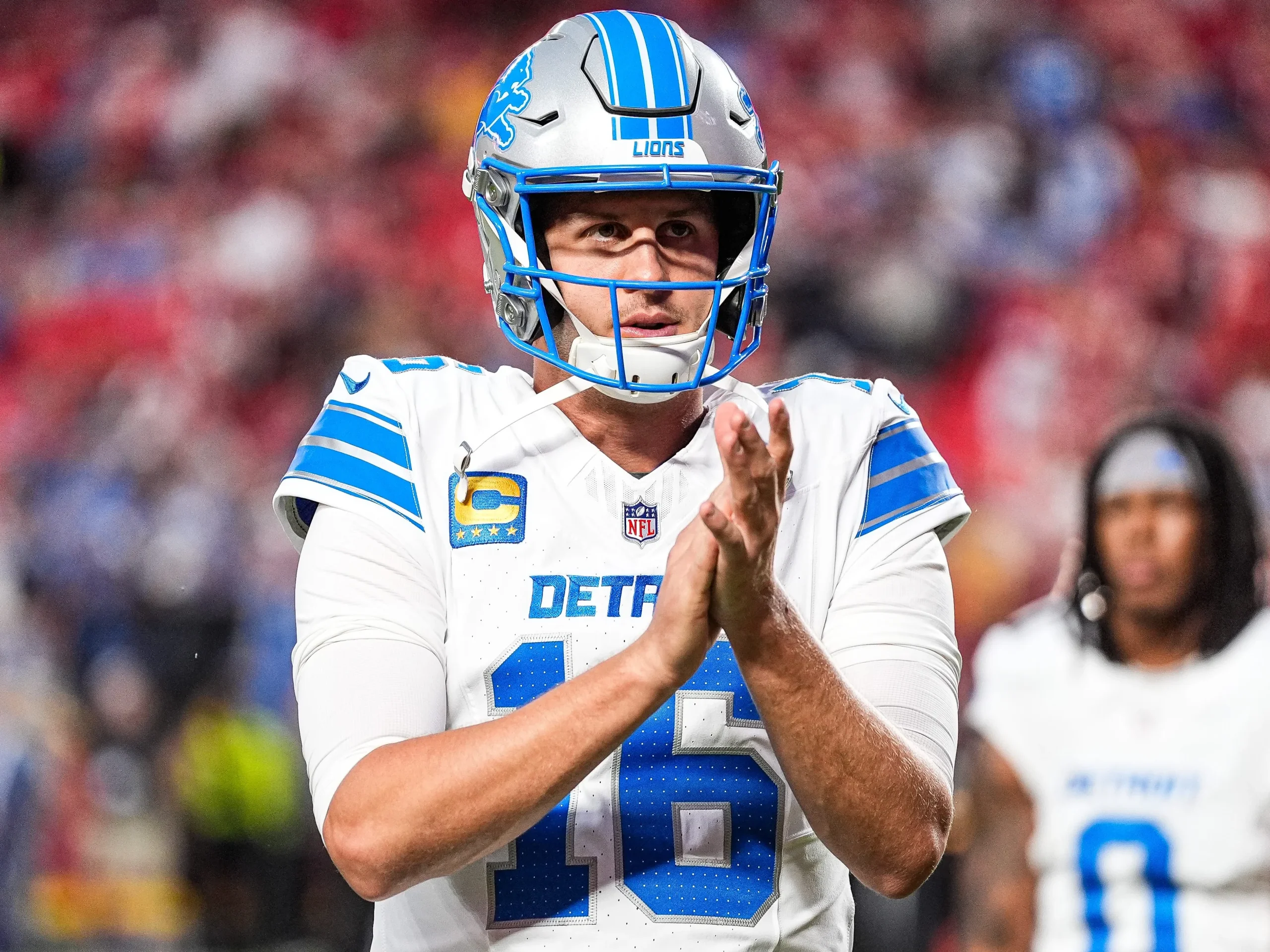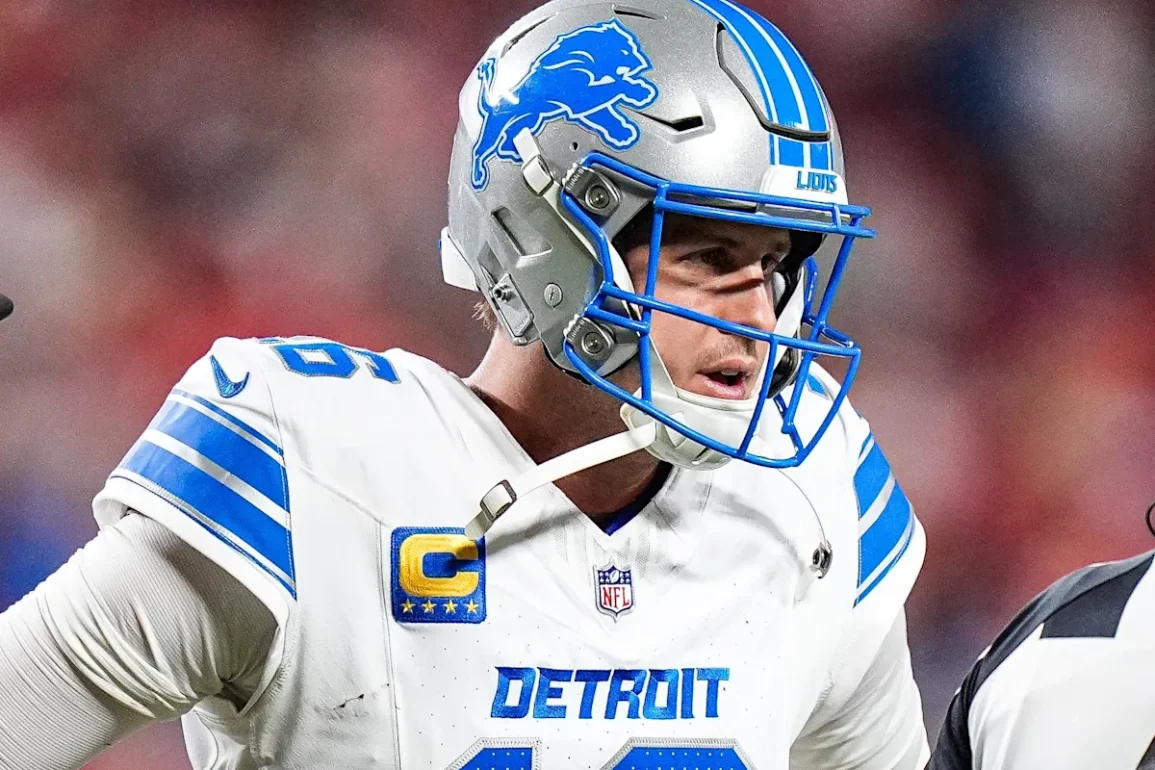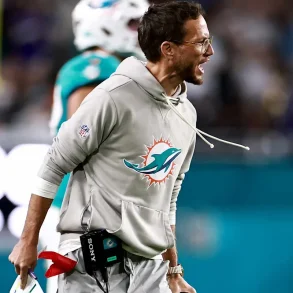A trick play in Sunday night’s Lions game drew attention not only for its execution but for how it was officiated. Lions coach Dan Campbell revealed that the illegal motion call nullifying Jared Goff’s touchdown reception came from the league office in New York. Referee Craig Wrolstad, however, denied using outside help, consistent with NFL rules that prohibit such interventions. This indicates the league may have followed the wrong procedure to reach the right result.
Procedural Flaws and Retroactive Calls Raise Questions About NFL Fairness and Consistency
While the outcome favored accuracy, Campbell’s explanation highlights a significant procedural flaw. The NFL’s approach, which effectively allows the league office to instruct referees after the fact, violates existing protocols. Though it corrected a missed call, this practice sets a precedent that could be exploited or create inconsistencies in officiating. The incident exposes a gap between the written rules and how they are applied in high-pressure situations.

The situation raises questions about fairness across the league. If New York can retroactively penalize a motion infraction, it prompts the question of why similar authority couldn’t be applied to other plays, such as missed false starts by teams like the Eagles.
Commissioner Roger Goodell has previously warned that gambling and other external factors could magnify perceptions of bias or unfairness. Deviating from protocol, even with good intentions, risks fueling speculation and undermining trust in the league.
Ensuring Rule Consistency and Transparency While Addressing Controversial Plays Like the “Tush Push”
The controversy also intersects with the ongoing debate over the “tush push” play. The NFL could theoretically apply the same post-play intervention to enforce penalties consistently, but doing so might weaken the narrative that certain plays are “too hard to officiate.” Respecting the rules as written is essential; inconsistencies or failures to acknowledge procedural missteps damage transparency and public confidence. In an era of legalized sports betting, even small deviations from protocol can generate accusations of manipulation or bias.
The simplest solution is to formally empower replay assistants and the league office to assist officials with missed calls in real time. This would ensure decisions are both accurate and consistent without bypassing established rules. By adopting a procedure like the one used on Sunday night but within the framework of the rulebook, the NFL can improve officiating reliability while maintaining transparency, consistency, and public trust in the game.







